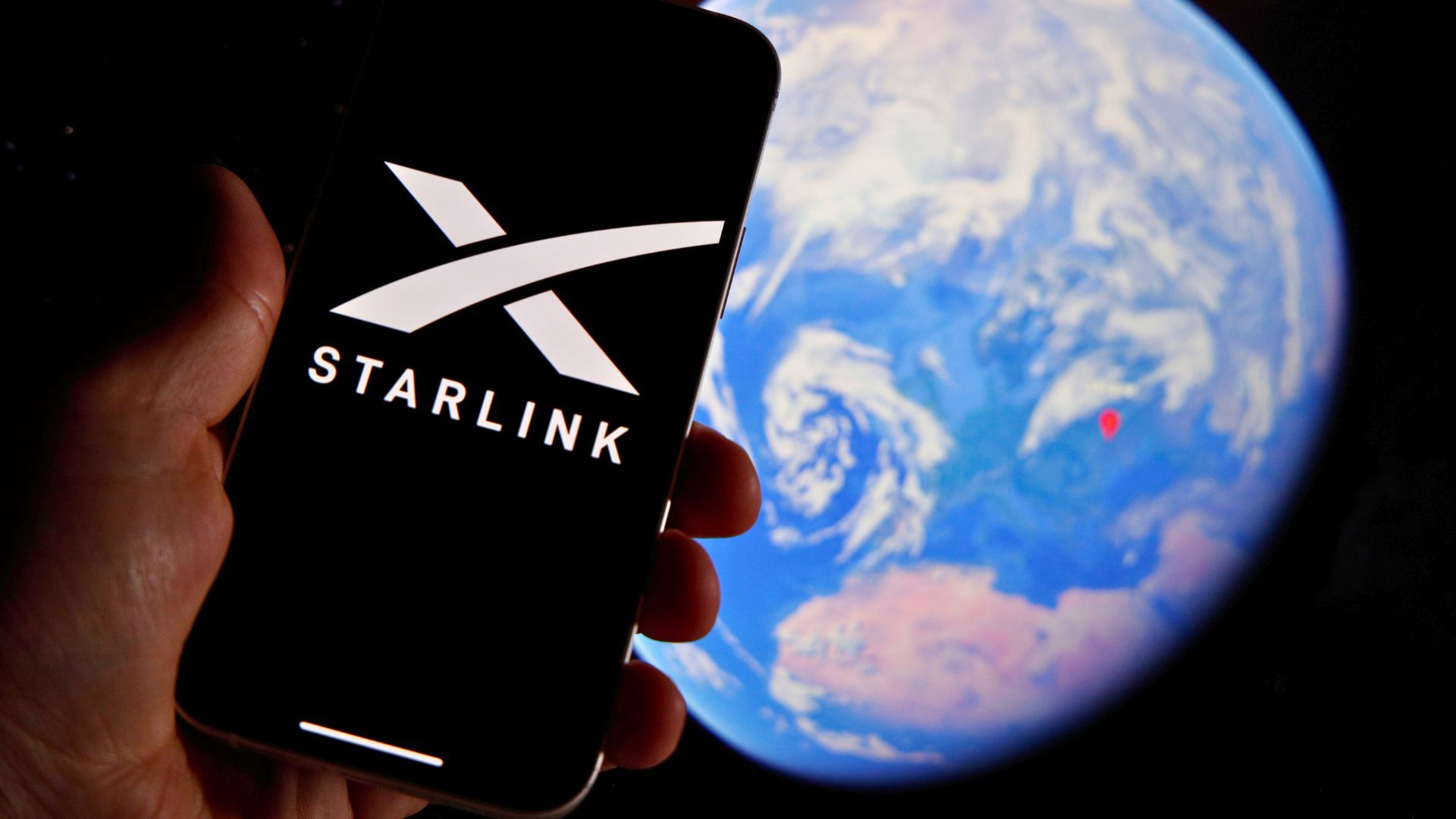
FCC rejects SpaceX’s application to expand spectrum for Starlink mobile communications
SpaceX’s mobile ambitions were dealt a blow when the US Federal Communications Commission (FCC) denied its application to use additional spectrum bands for mobile communications via Starlink satellites. The application, filed more than a year ago, envisaged the use of up to 7,500 second-generation Starlink satellites in the 1.6 GHz, 2 GHz and 2.4 GHz bands. The Commission noted that SpaceX’s requests “do not substantially comply with the requirements” established in previous rulemaking decisions regarding the availability of the bands for mobile satellite communications (MSS).
However, according to ARS Technica, the FCC has not ruled out the possibility of revising this decision, having published two public notices requesting comments on a possible revision of the spectrum allocation rules for these bands. Dish Network and Globalstar, which opposed SpaceX’s application, will be given the opportunity to express their arguments, while SpaceX will have to argue that it does not harmfully interfere with other systems.
This decision will not affect SpaceX’s existing partnership with T-Mobile, which already uses licensed T-Mobile spectrum to provide services. The text messaging service between T-Mobile subscribers via Starlink satellites is scheduled to launch in 2024, with further expansion of services to include voice and data.
SpaceX has expressed its ambition to use a wider range of bands to increase the capacity and coverage of its services in the United States and other countries, with partnerships with various operators around the world. The spectrum interference dispute with satellite operator Globalstar and the disagreement with Dish Network over the use of the 2 GHz band highlight the complexity of the process of coordinating the use of radio spectrum.
The FCC emphasized the need for a new rulemaking process to address these issues, which would take into account changes in spectrum use and the possibility of allowing additional MSS systems in these bands. The documents related to this situation are open for public comment until April 25, with responses until May 10, demonstrating the openness of the regulatory process and stakeholder engagement.

